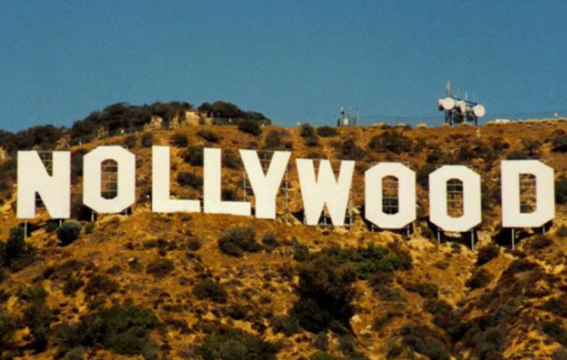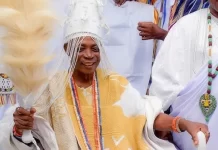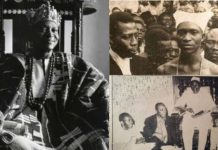Behind the glitz and glamour of Nigeria’s booming film industry, Nollywood stars are silently facing one of the most overlooked struggles—mental health challenges.
While fans celebrate their red carpet looks, social media skits, and blockbuster movies, many actors, producers, and crew members wrestle with anxiety, depression, burnout, and trauma—often with little or no support.
Mental health in Nollywood remains a hushed topic, but it’s time we start talking about it.
In Nollywood, the pressure to stay relevant is real. With new talents emerging daily and social media driving popularity, many actors feel the need to constantly perform—online and offline. This “always on” culture can become mentally exhausting, especially when combined with fans’ high expectations and media scrutiny.
Nollywood stars often deal with harsh criticism online. A single misstep can lead to cyberbullying, trolling, and threats to one’s career. Cancel culture, which thrives on social media outrage, can be emotionally damaging and leave long-lasting scars on an actor’s mental state.
Unlike some global film industries, Nollywood does not always guarantee financial stability. Many actors live from gig to gig, unsure when their next role—or paycheck—will come. This financial insecurity contributes to anxiety, stress, and a feeling of being undervalued.
Some roles require deep emotional investment, especially in films dealing with abuse, death, or tragedy. Without proper mental health support, actors often carry emotional residue from such roles into their personal lives, leading to emotional fatigue and mental health breakdowns.
In recent years, a few celebrities have opened up about their struggles. The late Sound Sultan, Tonto Dikeh, and Chacha Eke Faani have spoken publicly about depression and breakdowns. Their bravery sparked conversations, but more needs to be done industry-wide to create a safe space for healing and openness.
Unfortunately, the Nollywood industry lacks structures for mental health support. There are no in-house therapists, wellness programs, or standard insurance plans for actors or crew members. Most professionals are left to deal with their struggles in silence, or worse, turn to harmful coping mechanisms like substance abuse.
“ ”
In Nigeria, mental health is still widely misunderstood. The stigma around therapy, depression, or even rest makes it hard for public figures to speak out without being judged. There’s also a cultural expectation to “tough it out” instead of seeking help. For Nollywood stars, this stigma is amplified under the public eye.
The good news is, the conversation is slowly shifting. A few platforms are now promoting mental health awareness in entertainment. Some celebrities have also started therapy-focused podcasts and events. But to make real progress, industry stakeholders must create safe spaces, provide mental wellness programs, and normalize therapy and self-care.
Conclusion
Nollywood has given us laughter, tears, and countless unforgettable moments. But behind the magic, its stars are human beings facing real mental battles. As fans, stakeholders, and fellow creatives, we must look beyond the spotlight and support the people who give us joy. Mental health is not a luxury—it’s a necessity.

















